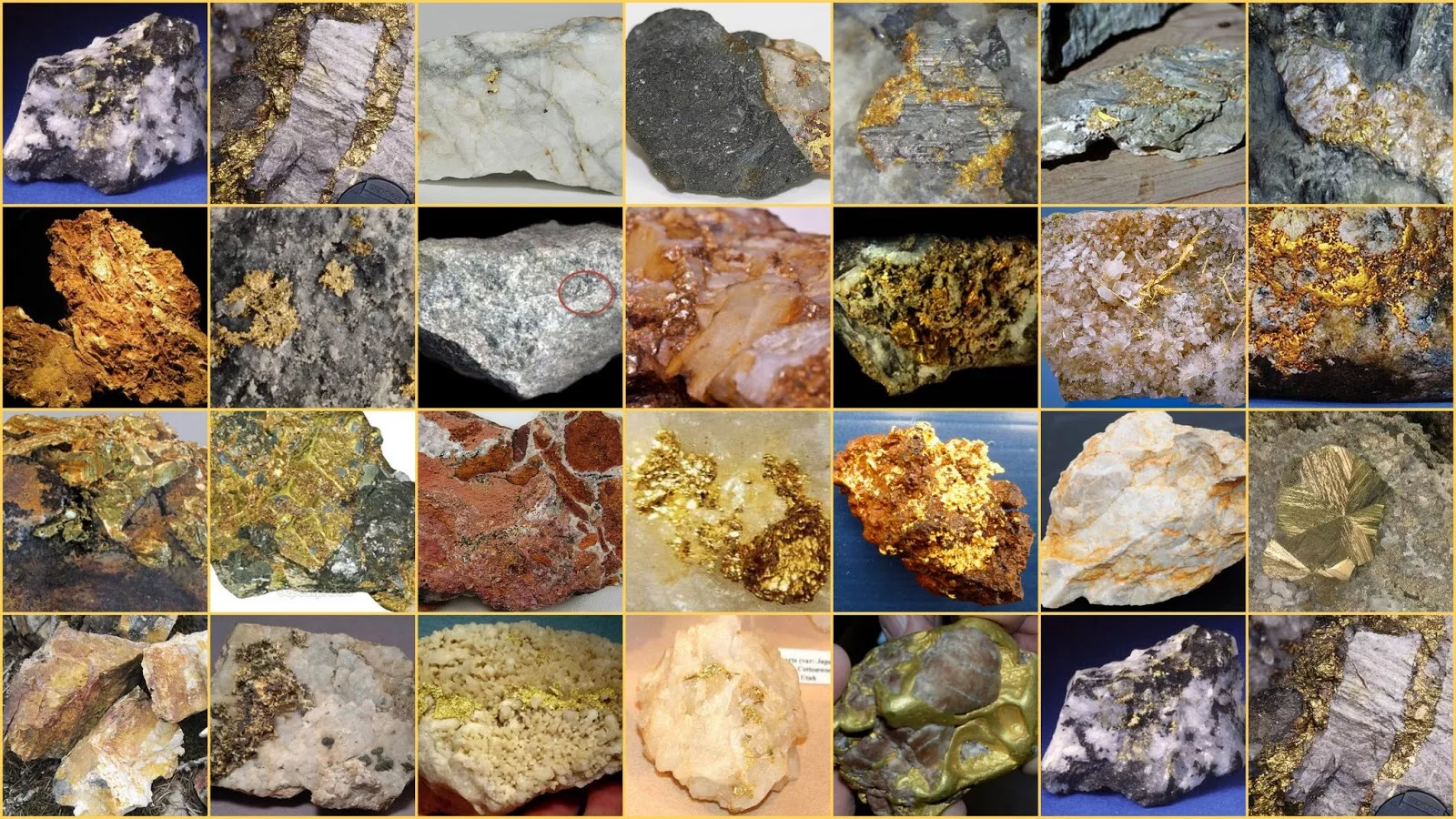List of Natural Mineral Resources Found in Enugu State
Enugu state is one of the states in southeastern Nigeria that is blessed with a lot of mineral resources. The most abundant natural mineral deposit in the state is coal, but in this article, we would not only review coal but also other mineral resources that can be found in Enugu state. Some other minerals found in the state include kaolin clay, ceramic clay, tin, zinc, etc.

In the course of this article, we would not just give you a list of mineral deposits found in Enugu state, we would also offer you a brief overview of some choice minerals and their industrial and economic importance in the state.
NATURAL MINERALS FOUND IN ENUGU STATE: FULL LIST
Here are all natural resources you can find in Enugu state:
- Gypsum
- Glass sands
- Iron ore
- Coal
- Limestone
- Oil shade
- Alum
Let us review some of the above listed naturally occurring mineral resources that can be found in Enugu state. Enugu state takes pride in the supply of some of its solid minerals, especially coal. Let’s delve in and do a brief overview of some minerals that can be found in Enugu state.
COAL
This is one of the most important and essential solid minerals that can be found in Enugu state. Do you know that the largest basin in Enugu state with coal deposits has an area of 20,000km2? Enugu also boasts of 95.1 million tons of coal. The chemical and metallurgical industry, use it as their principal source of energy.
Coal is one of the most strategic minerals in Enugu state. This flammable black rock is used as a solid fossil fuel. The most significant use of coal in Nigeria is in steel production, cement manufacturing, electricity manufacturing and also as a liquid fuel. The coal can also be deployed in alumina refineries, pharmaceutical companies, paper manufacturing and also chemical industries.
Coal tar that is refined in Enugu can be used in the manufacture of chemicals such as phenol, benzene, creosote oil and naphthalene. As for the ammonia gas that is recovered from the coke ovens during coal tar refining, it is used in the manufacture of nitric acid, agricultural fertilizers and ammonia salts. Nylon, aspirin, solvents, dyes, soap and fibres, have coal or it’s by-products as a component in it.
LIMESTONE
Limestone found in Enugu state is estimated to be around 5 million tones. Most of the mined limestone is made into crushed stone and used as a construction material. It is majorly used in railways ballast and road base. In building construction, limestone is also used as an aggregate in concrete. Limestone has a lot of other uses, and I intend to exhaust all of them in subsequent paragraphs.
When limestone is converted to a powdered form, it can be used as a filler in paint, rubber, paper and plastic manufacture. In its crushed form, it can also serve as a sorbent (that is, a substance that absorbs pollutants).
The ever increasing demand for cement for the sake of infrastructural development poses a good opportunity for investors to establish factories in different parts of Enugu state to meet the demands of yearning customers, and also to be able to export to sub-regions in Nigeria for economic growth.
IRON ORE
In the year 2015, the then vice president of Nigeria, Yemi Osinbanjo, declared that Nigeria has the 12th largest iron ore deposit in the world and the second-largest in Africa. Iron is one of the most abundant rocking forming elements that can be found in large quantity in Enugu state.
When you get pure Iron, it appears to be quite soft, but when carbon is added to it, it becomes very hard and strong. As for the industrial use of Iron ore, it is used in the production of pig iron, which is a very important raw material in the production of steel. Over 98% of iron ore that is mined is used in the production of steel.
GYPSUM
Large Gypsum rocks are formed within layers of sedimentary rock, which is found within thick beds or layers. Large occurrences have been reported in some parts of Enugu in recent years. Majority of the household materials we use in Nigeria contain gypsum, examples include; toothpaste and shampoo. Gypsum is very important calcium sulfate hydrate. Here are some of the very important uses of gypsum.
- They act as settling particles in ponds
- They are used in making drywalls, plasterboard and wallboard.
- They are used extensively in binding tennis court clay
- Gypsum is also very applicative in roads and railways
- They are also used in producing classroom chalk that we see in Nigerian schools
- Like stated earlier, they are also used in shampoo, toothpaste and creams.
Here is some fun fact about this naturally occurring mineral. The word gypsum is a derivative of the Greek word “gypsos”, which means plaster. Also, did you know that gypsum that is used in coating walls can offer fire protection?
CONCLUSION
It is worth noting that these natural deposits can be found in commercial quantities in this state but haven’t been mined out as the government of the state mainly focused on coal. That’s our view on Enugu state mineral resources for this piece.
